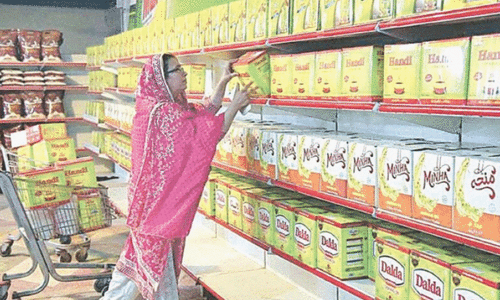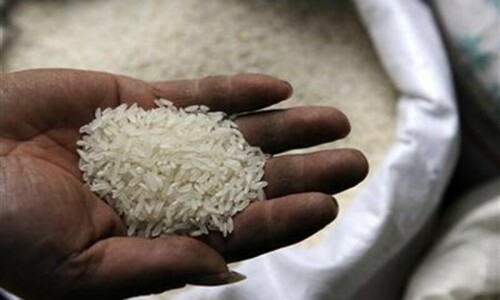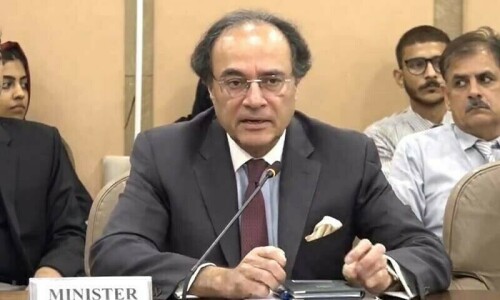RIYADH: Saudi Arabia announced a record budget deficit and cuts to fuel and utility subsidies on Monday as the oil powerhouse suffers from the drastic fall in crude prices.
Petrol prices in the kingdom were to rise by more than 50 per cent on some products from Tuesday, authorities said, after the world’s largest crude exporter said it had posted a deficit of $98 billion in 2015.
Riyadh also projected a shortfall of $87bn in next year’s budget, the first since King Salman took over the country in January.
The finance ministry said in a statement that revenues in 2015 were estimated at 608 billion riyals ($162bn), the lowest since 2009 when oil prices dived as a result of the global financial crisis.
Income for 2015 was 15pc lower than projections and 42pc less than in 2014, after oil prices fell by more than 60pc since mid-2014 to below $40 a barrel.
The dive is largely due to Saudi Arabia’s own policies and those of other Opec nations, who are refusing to cut oil production as they seek to drive less-competitive players, including US shale producers, out of the market.
Spending this year came in at $260bn, the ministry said, almost equal to 2013 expenditures and down 6.6pc from 2014.
The 2015 deficit is the highest in the history of Saudi Arabia, which relies on oil for 90pc of public revenues, but was not as big as some expected.
The International Monetary Fund (IMF) had projected the 2015 deficit to be around $130bn and other reports also put it above $100bn.
The 2016 budget projects revenues at $137bn, the lowest since 2009, and spending at $224bn, slightly below 2015 projections of $229bn.
Saudi Arabia normally overspends its budget projections by around 20pc.
TAPPING RESERVES: The statement noted that the budget “comes amid challenging international and regional economic and financial conditions” including “very low oil prices”.
Riyadh maintained high spending this year, and launched a military intervention against Iran-backed rebels in Yemen, by tapping into the huge fiscal reserves it accumulated when oil prices were high.
The finance ministry said it was planning a series of measures to contain spending including a five-year programme to cut subsidies on electricity and fuel.
Authorities moved quickly after the budget figures were released, with the official SPA news agency reporting the increase of petrol prices and saying the government would also cut subsidies for electricity, water, diesel and kerosene.
Such subsidies are a highly sensitive issue in Saudi Arabia, where residents have grown accustomed to low utility and fuel costs.
Published in Dawn, December 29th, 2015














































Dear visitor, the comments section is undergoing an overhaul and will return soon.